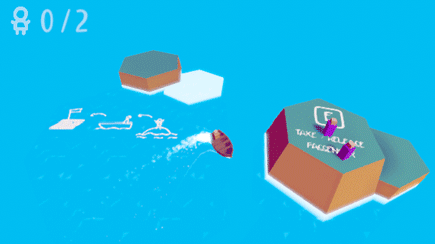
Here’s an exercise to try, which uses deep breathing, body scanning, and awareness to calm the body and mind:ġ. Not every meditation technique is meant for relaxation, so how do you do meditation for relaxation? Regular practice makes it easier to condition our bodies to find balance - that sweet spot between focus and relaxation. And we have proof that it works! A 2018 study found that people who used Headspace for just 10 days reported an 11% decrease in stress and after 30 days of using Headspace, they reported a 32% decrease in stress. Relaxation meditation, which typically involves cultivating calm by using an object of focus such as your breath or a visualization, is a proven tool to help manage and ease stress. The effect of breathwork is cumulative, meaning the more you do it the better it works, so practice it every day, even when you’re not stressed.

The idea, no matter how long you hold it, is to slow down the pace of the breath. Variations of this technique may have you hold your breath for several counts after the inhale, or breathe out for a count of 5 or 7, for example. Exhale slowly, feeling your stomach fall.Inhale slowly through your nose until you feel your stomach rise.Place one hand on your stomach, and the other hand over your heart. Sit comfortably in a chair with your feet on the floor or lie down.By shifting our breathing rate and pattern we can stimulate the body’s parasympathetic nervous system, and trigger a calming response, which decreases our heart rate, blood pressure, and muscle tension. One of the simplest ways to relax is to take some deep diaphragmatic breaths, also called belly breathing. When we’re anxious our breathing tends to be shallow and rapid. Try a few out and see which ones work best for you. The idea is to begin incorporating relaxation skills and activities that promote calm and well-being into your daily life. Others, like spending time in nature, doing yoga or qigong, or even getting a massage, may take a little more planning. Some techniques, like deep breathing and relaxation meditation, are available to us pretty much anywhere and anytime we need it. There are some scientifically proven relaxation techniques that counter the stress response with what’s called-not surprisingly-the “relaxation response,” in which our bodies stop releasing stress hormones, our heart rate slows, our breathing deepens, and we begin to feel a sense of calm (what a relief!). Unfortunately, when this surge of hormones happens in response to our many modern-day stressors, it can take a toll on the body and mind, and put us at risk for health problems such as heart disease, insomnia, and depression.

These are normal physiological reactions, known as the “fight or flight” response, and they evolved so our ancestors could stay alert to threats such as ferocious grizzly bears or un-neighborly, club-wielding cave dwellers.

A stressful situation, or one that we perceive to be stressful, triggers the release of hormones that make our hearts pound, our breath quicken, and our muscles tense.


 0 kommentar(er)
0 kommentar(er)
